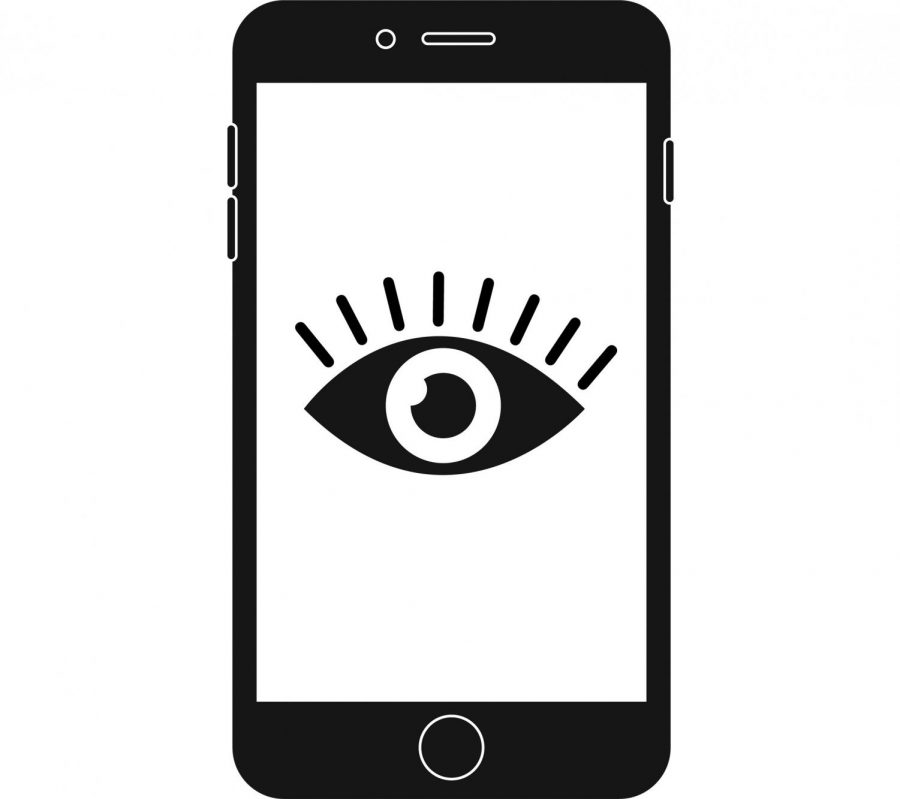Opinion: Performative activism doesn’t help anyone
February 5, 2021
Recently, I got into it with a friend over pronouns. Not my own, but those of a woman we both know. She, a cisgendered woman with she/they pronouns whose pronouns are well documented within this particular social circle, had been repeatedly referred to as they/them. “Did (woman’s name) start using different pronouns?” I inquired, and I was met with a brief explanation on my friend’s new stance on his personal wokeness: He had decided to refer to everyone, regardless of their already documented pronouns, as they/them.
Some problems are immediately evident here: that they/them pronouns are used by specific groups of queer people, that disregarding the pronouns of trans men and women is harmful and rude and that it’s incredibly strange and presumptive to decide somebody’s pronouns for them. It encapsulated for me an aspect of performative activism that is becoming alarmingly prevalent— the idea of activism as a series of checkboxes, an accessory to one’s personality that can be utilized for clout in social circles and social media, an armor to shield any criticism from the very people one presumes to be an ally for.
It’s the blanket use of they/them pronouns, a “resist” fist profile picture, a retweet supporting gender equity, a post that sits alone on an Instagram feed as sufficient proof that its poster has met the criteria for ally and therefore is beyond criticism. None of these things are inherently bad. In fact, they could all be overwhelmingly positive, were it not for the fact that more often than not they are used as substitutes for any substantial personal work. In the rare cases that it reaches a point of deciding other people’s pronouns for them, it ceases to be even well-intentioned and becomes almost antagonistic.
When the concept of activism as seen through the lens of social media, that activism becomes nothing but surface level. More than that, it becomes a tool with which to discredit others; one person could attack another for not knowing about a specific issue, if you’ve ever seen a post that starts with the words “nobody’s talking about this,” you are familiar with this particular problem. I can’t pretend that I’ve never felt somehow morally superior because I happened to know more about a specific problem of social justice, which was neither helpful nor considerate towards the people I claimed to be supporting.
We have to stop treating activism and awareness like this. In the age of technology, everybody is being constantly bombarded by news and imagery of human suffering on a scale that we aren’t designed to comprehend. Nobody can or should be expected to process and keep track of every individual issue. Conversations about doing good shouldn’t be monopolized by one-upping each other in a meaningless race for what is a perceived moral or intellectual superiority.
Instead, a lack of knowledge should become a venue through which to learn and an opportunity to discover a new way to educate yourself and help others. On the other hand, we can’t participate in a solution simply by acknowledging that we know the problem exists.
Activism has to stop ending online or in conversations with people we already know agree with us. We don’t have to be the Superman of activism, but we do need to be every day at least a little better than we were the day before. We need to listen to the people that we want to be allies for. We need to seek out ways to educate ourselves. Most importantly, we have to do it together.







